Contrary to popular belief that cats are exclusively housebound and live with humans for their benefit, these animals, despite their independent nature, need love, attention, and affection. Cats are intelligent, noble creatures, and if you treat them properly, create the most comfortable conditions, and surround them with affection and warmth, they will reciprocate. Likewise, an affectionate soul is capable of strong friendship and love with the owner and his family. But how do you know if a cat loves its owner?
Scientific Proof of Cat Love
For some reason, cats have a reputation for being aloof and indifferent to their human companions. However, recent scientific research has shown that cats can form deep emotional bonds with their owners and even display signs of love.
A study by scientists at the University of Oregon involved 80 cats under 8 months old. The experiment involved placing the cat and its owner in an unfamiliar room and then having the owner leave for a few minutes. The cat’s behavior was observed through a hidden camera. The results showed that most cats felt scared, approached the doors, meowed, and walked around the room. When the person entered the room, different cats reacted differently to the owner’s appearance. Some cats greeted their owner, while others excessively clung to the person or ignored them.
This study and others show that cats can feel affection toward their owners. The bond between a person and their cat can be as strong as between a parent and child. Cats have even been known to comfort their owners when upset or stressed, showing empathy and concern for their well-being.
You can determine a cat’s love and affection through behavior and habits. Therefore, to find out if cats love their owners, you must closely watch your pet and learn the animal’s body language. It serves to express a whole range of feline emotions. Pay attention to the cat’s sounds and behavior in a given situation.
1. Purring
Cats purr for many reasons, from satisfaction to anxiety. But, most often, cats purr when comfortable, pleasant, and happy. Purring is a communication tool. By purring, the mother cat shows her location to her blind newborns, but usually, cats purr to demonstrate their affection and satisfaction. Feline purr sounds like a lullaby that conciliates the animal and the owner.
A cat will purr melodiously only for its favorite! If your cat comes to you in your arms, rolls over on its back, and starts purring gently and smoothly, calling you to stroke its tummy. You should know that this is love, acceptance, and absolute trust. Cats are natural predators; their instincts are to always be cautious and attentive, and if a cat purrs in your arms, it feels completely safe!
2. Rolling Around
If your cat lies down on its back for you to stroke its belly, it signals that it trusts you and feels safe. A cat’s stomach is one of the most vulnerable parts of its body, and they only show it to selected people so they don’t feel defenseless. According to WebMD, it shows that they feel safe and comfortable being vulnerable. Likewise, if your cat stretches out on the floor next to you and rolls around you, you can bet it feels affectionate.
However, cats may also expose their tummy as a submissive or protective act when they feel cornered. If you do not know the cat well (for example, it is a stray cat or an acquaintance’s pet), be careful when petting its belly, as this may cause the cat to pounce on you.
3. Head-Butts
Cats show affection for other cats and humans by butting or rubbing their heads against the one they love. Cats can do this not only with people but also with other pets. They particularly like to rub their head against the cheek or head of those they love. This action, bunting, is a very intimate gesture cat perform only with their favorite people.
There are secretory glands on the head of cats, which secrete special substances that allow them to leave their scent on well-studied objects, and people that do not pose a threat. Such identification marks allow the animal to feel confident in the surrounding space. Such signs of the cat’s attention prove the pet’s love, appreciation, and trust in humans. Now he feels comfortable near you because you smell like your cat. Other pets may perceive this smell as unpleasant, and you might be perceived as a threat when visiting another cat.
More: 10 Reasons Why Cats Are Better Than Dogs
4. Scratching
Did you know that your cat’s annoying habit of scratching and sharpening its claws on your furniture may be an act of love? Not only does it leave a scent to mark ownership, but it’s also a visible marking to declare something theirs. Cats use their owners’ favorite places to sit or be as their favorite scratching posts.
Instead of getting angry with your cat and resorting to punishment or violence, remember that scratching is a natural innate instinct for them, and it’s unlikely that you can break this habit. In the cat’s opinion, it is not doing anything illegal but decorating your home with its scratches, indicating that it lives here and is its territory.
However, you can provide your furry friend with a good alternative, such as a stuffed toy or an old box that will satisfy their natural urge. By doing so, you’ll protect your furniture and show your cat love and care by offering them an appropriate outlet for their behavior.
5. Kneading
Whenever you see a cat kneading its paws, it is often accompanied by purring. This is because he only kneads when relaxed and feeling loved, usually when petting by his owner or sleeping in his owner’s lap.
This behavior is common to kittens when they are babies, when crushing their mother to get milk from her nipples. As kittens get older, however, they do this to trigger the release of endorphin, a happiness hormone that will make your cat calm and relaxed.
6. Gift Giving
By nature, cats are born hunters. They gladly chase toys, laser tag beams, birds, and small rodents. When bringing home another “trophy,” the cat shares the prey, expressing love and gratitude for attention and care. So, try not to be too upset by those mice occasionally left at your feet or in your bed. Instead, if the animal has brought a gift, praise him for his generosity. Otherwise, the cat may be offended.
Cats will leave gifts of this nature as a sign of affection, much like people give gifts. Some animal specialists also claim that by presenting such trophies, cats want to provide their owners with food. Your cat’s gifts might include beloved toys or anything else he enjoys. Born hunter, my cat always tries to surprise me with anything he can catch, from bugs to frogs.
7. Sleeping
Cats are notoriously selective about where they sleep, as they snooze most of their time. This behavior stems from their instincts, as a sleeping cat is extremely vulnerable in the wild. Therefore, even in domestication, cats must trust their surroundings to feel safe enough to doze off.
If your feline friend prefers sleeping in your lap or in the open, it’s a sign that they trust and adore you. Additionally, as solitary hunters, cats typically prefer their own company. So, if your kitty seeks out your presence and wants to share space with you, they feel comfortable and secure around you.
8. Meowing
Cats do not often meow to communicate with other cats, though they can make different sounds with their ‘voices’ and even impart emotion through how they meow. But they do, however, communicate with their humans by meowing. Consider it a voice of love. So I was surprised to discover that my cat responds to my greetings by meowing.
However, it’s also important to remember that cats may meow for other reasons. For example, they may meow when they’re hungry or want to play. They may also meow in response to certain stimuli, such as a loud noise or unfamiliar smell. By paying attention to your cat’s meows and behavior, you can better understand their needs and provide them with the care and attention they require.
9. Cat Licks
When a cat licks you, it’s a sign of affection and trust. Grooming is an essential part of feline social behavior, and if your cat is grooming you, he views you as part of his family. So the next time your cat licks you, remember that it’s his way of saying, ‘I love you.’
While kittens are likelier to engage in licking behavior, adult cats that lick their owners demonstrate deep affection and love. The rough texture of a cat’s tongue may not be everyone’s cup of tea, but the gesture clearly indicates that your cat wants to show you how much he cares.
More: 10 Things to Consider When Looking for a Cat
10. Slow Blinking
When your cat stares at you with a slow blink, it may seem like an odd behavior, but it is a sign of affection. This behavior, also known as a “cat kiss,” indicates that your cat feels safe and secure with you. Blinking slowly shows that your cat trusts you and feels comfortable in your presence.
When your cat stares intently into your eyes, it’s important to understand that this is a sign of affection, not aggression. This behavior is also known as “eye contact love,” and it’s a way for your cat to bond with you. If you want to reciprocate your cat’s affection, you can blink back slowly and give your cat a gentle pet or a hug.
It’s worth noting that not all cats will exhibit this behavior, and some may be more reserved in showing affection. But for those that do, it’s a wonderful way for your cat to communicate her love and trust for you. You can deepen your bond with your furry friend and create a strong, loving relationship by responding in kind.
11. Greetings, You at the Door
When you come home, your feline friend may greet you by walking between your legs, curling their tail around you, and sometimes even meowing or shaking their tail. This behavior is your cat’s way of showing they missed you and are happy to see you back.
However, paying attention is important as your cat may also be communicating their needs, such as hunger, thirst, or a dirty litter box. Therefore, checking these things and ensuring that your cat’s basic needs are met is crucial. In addition, you can strengthen the bond with your beloved pet by responding to their greeting and meeting their needs.
12. Pay Attention to Its Tail
If you want to know if your cat loves you, it’s worth paying attention to its tail. According to animal behaviorist Marilyn Krieger, cats often express affection for humans through their tails. A curved tip means the cat greets and invites you to socialize. And if your cat’s tail wraps around your arms, ankles, forearms, or any other part of your body, it is a stronger expression of its love and affection.
However, don’t forget that a cat’s tail can also express other emotions and moods. For example, if your cat’s tail moves and trembles a lot, it may be a sign of irritation or stress. If the tail is between the legs, it may indicate that the cat is frightened or insecure.
13. Gurgling
Some cats make a unique gurgling or “chatting” sound when feeling friendly and pleasant, which may sound unusual to those who do not own cats. However, if your cat does make this unique sound, it’s a good sign that they are in a pleasant and friendly mood.
These sounds differ from regular meowing and may indicate the cat’s cheerful or excited. If your furry friend is a “gurgler,” it could mean you’re doing an excellent job keeping them content and happy.
14. Following You
When a cat follows you, it may also weave in and out between your legs. This behavior is a display of love and attention and a form of marking their territory. By rubbing their scent onto their owner, they claim ownership and create a sense of familiarity and security.
Pay attention to your cat’s behavior when they follow you, as they may be trying to communicate something important. For example, they may signal that they’re hungry or thirsty or need to use the litter box. Observing your cat’s behavior and responding appropriately can help strengthen the bond between you and your furry companion.
15. Nibbling
It may seem odd or even uncomfortable for some people, but according to experts, gentle nibbling or soft biting indicates that your cat is fond of you. In addition, the nibbling may be accompanied by purring or kneading, which is also a sign of contentment.
The nibbling behavior is not aggressive or painful, unlike a real bite. Cats that exhibit this behavior are often relaxed and comfortable around their owners and see them as a source of comfort and security.
However, it is important to note that not all cats exhibit this behavior, and some may not be comfortable with it. If your cat is a nibbler, it is best to let them do it in moderation, as excessive nibbling may lead to skin irritation or infection. Providing them with appropriate chew toys or treats can also help redirect their behavior and prevent damage to your belongings.
Cats are highly independent yet affectionate and loving creatures. If you’re lucky to share your life with a furry friend, you will easily understand that your cat loves you. Feline love signs are sometimes difficult to read, but I hope these tips helped you to understand that your cat loves you. Cats are too picky when choosing friends, but once your cat shows affection to you, you’ll become lifelong friends. As responsible pet owners, we should learn to appreciate and respect our cats’ unique personalities and behaviors and give them the care and attention they deserve.

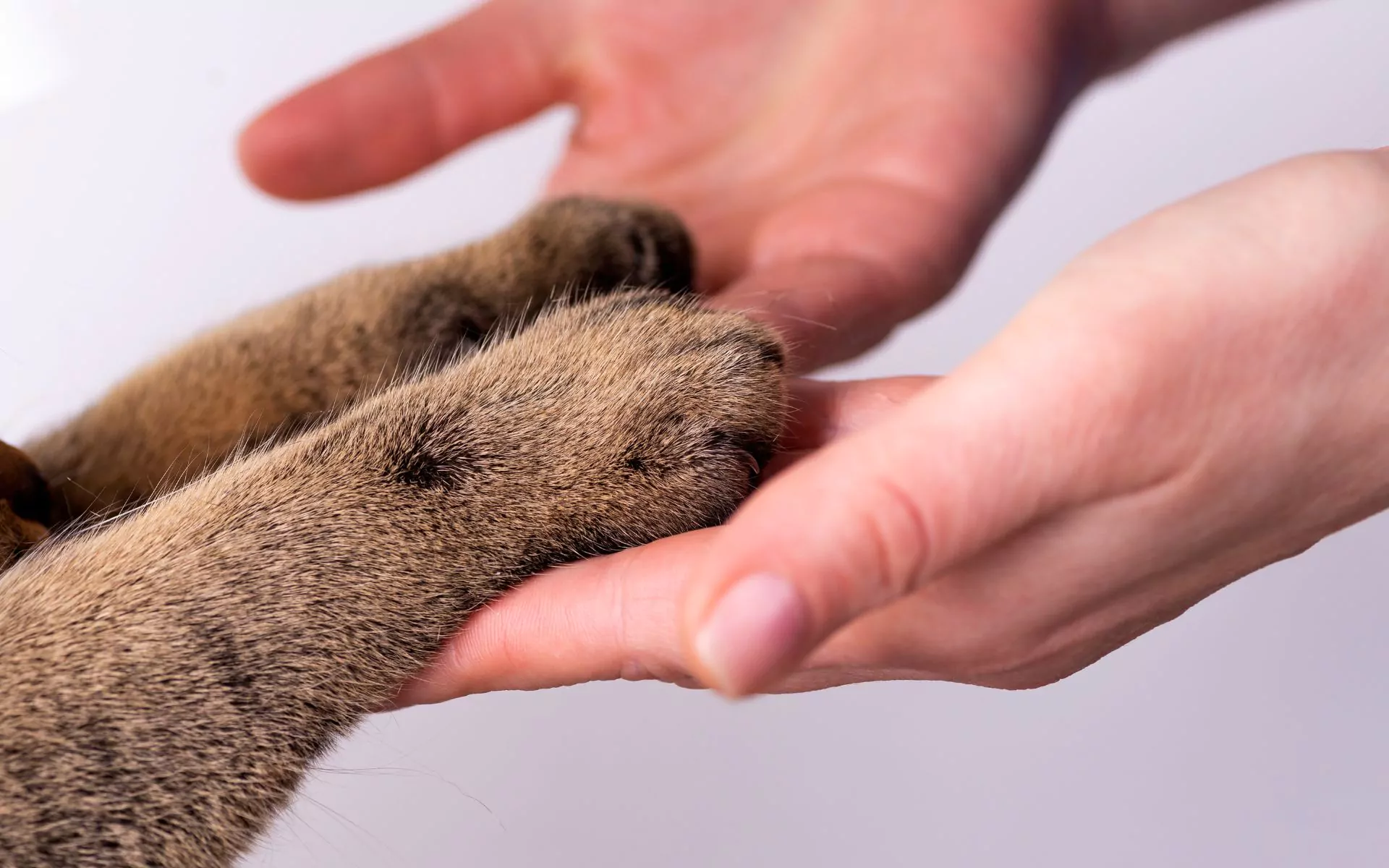
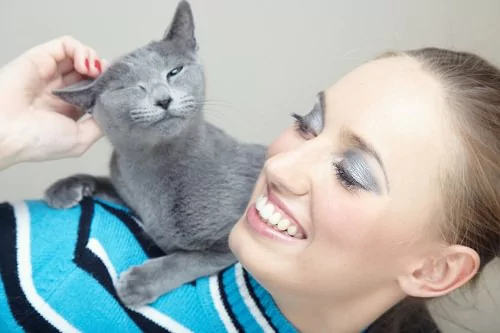
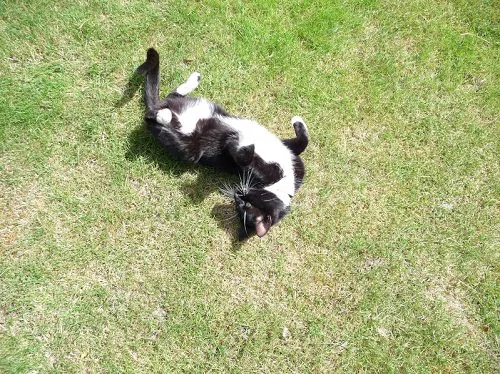
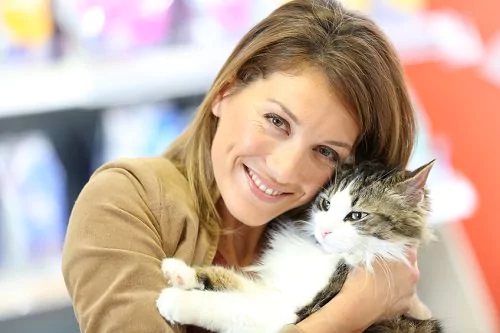
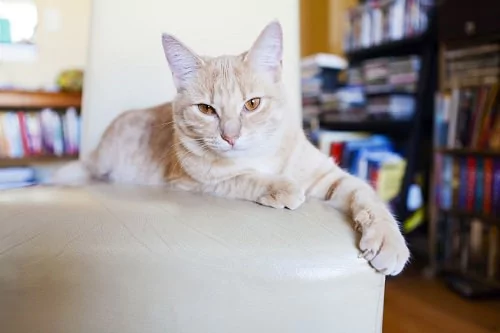
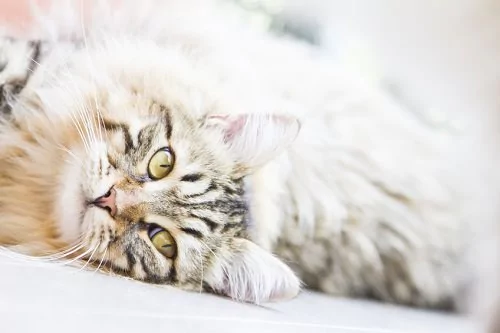
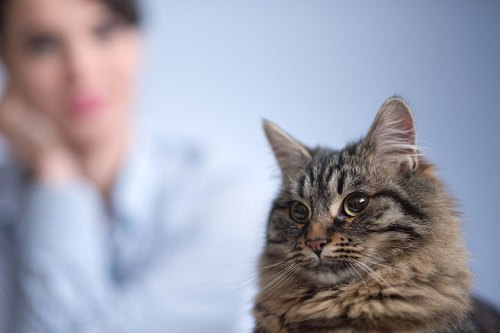

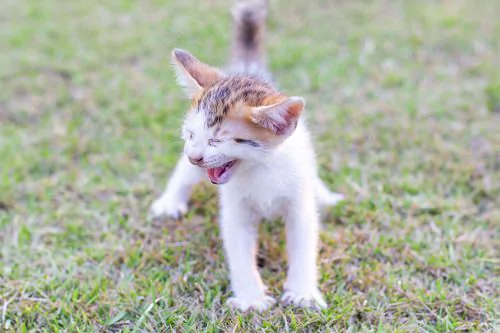
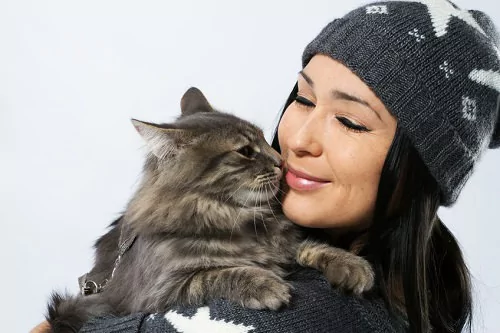
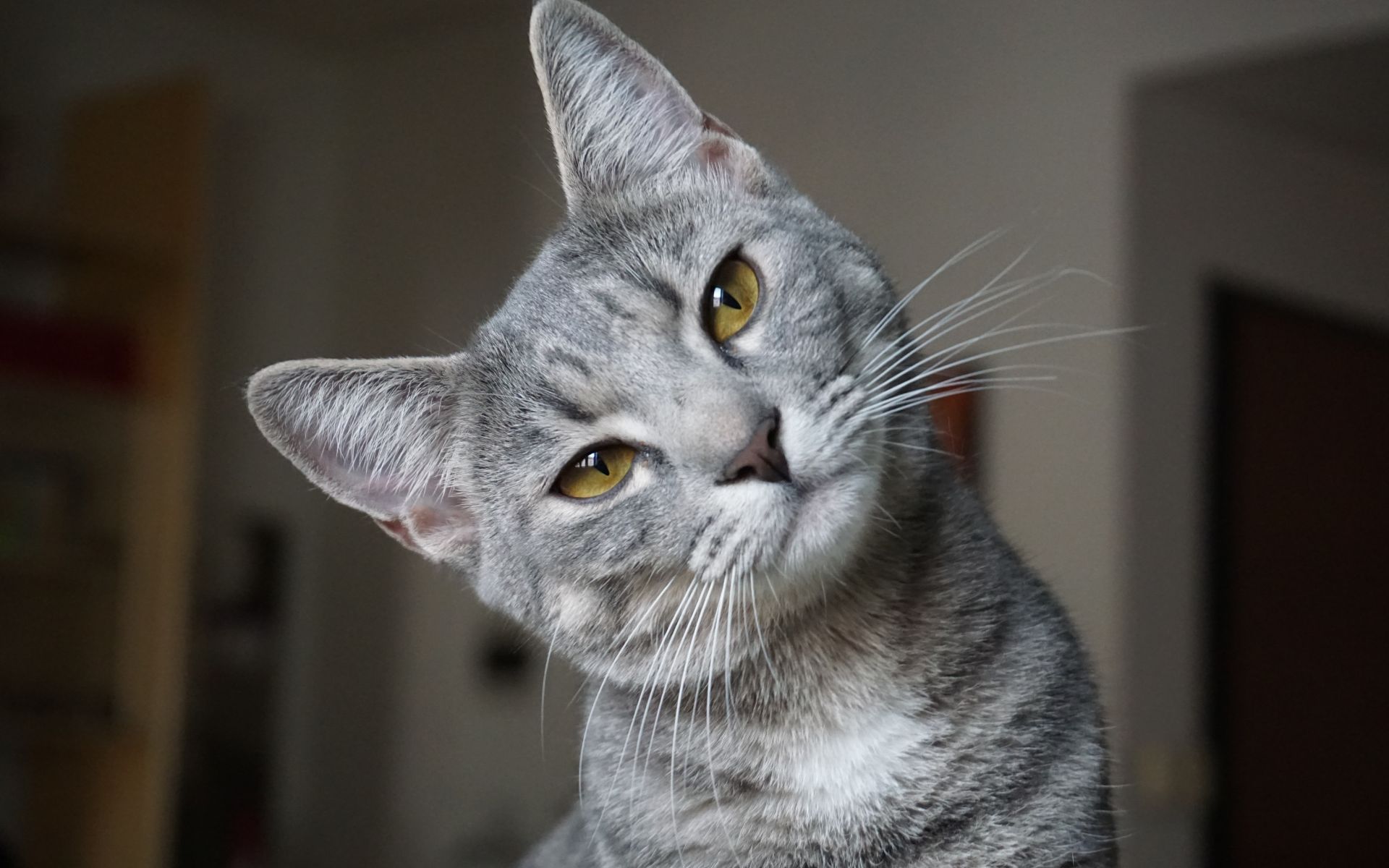
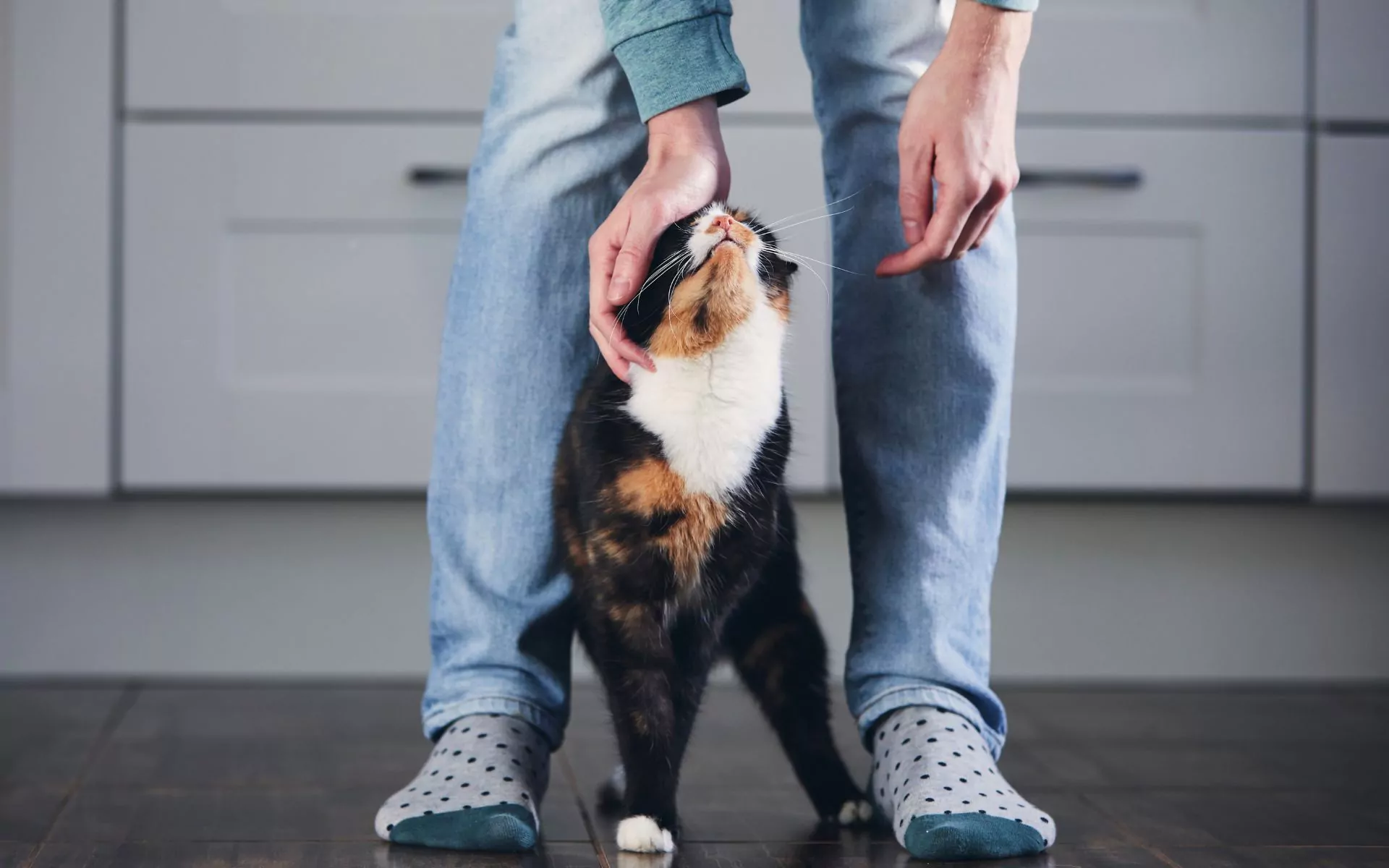
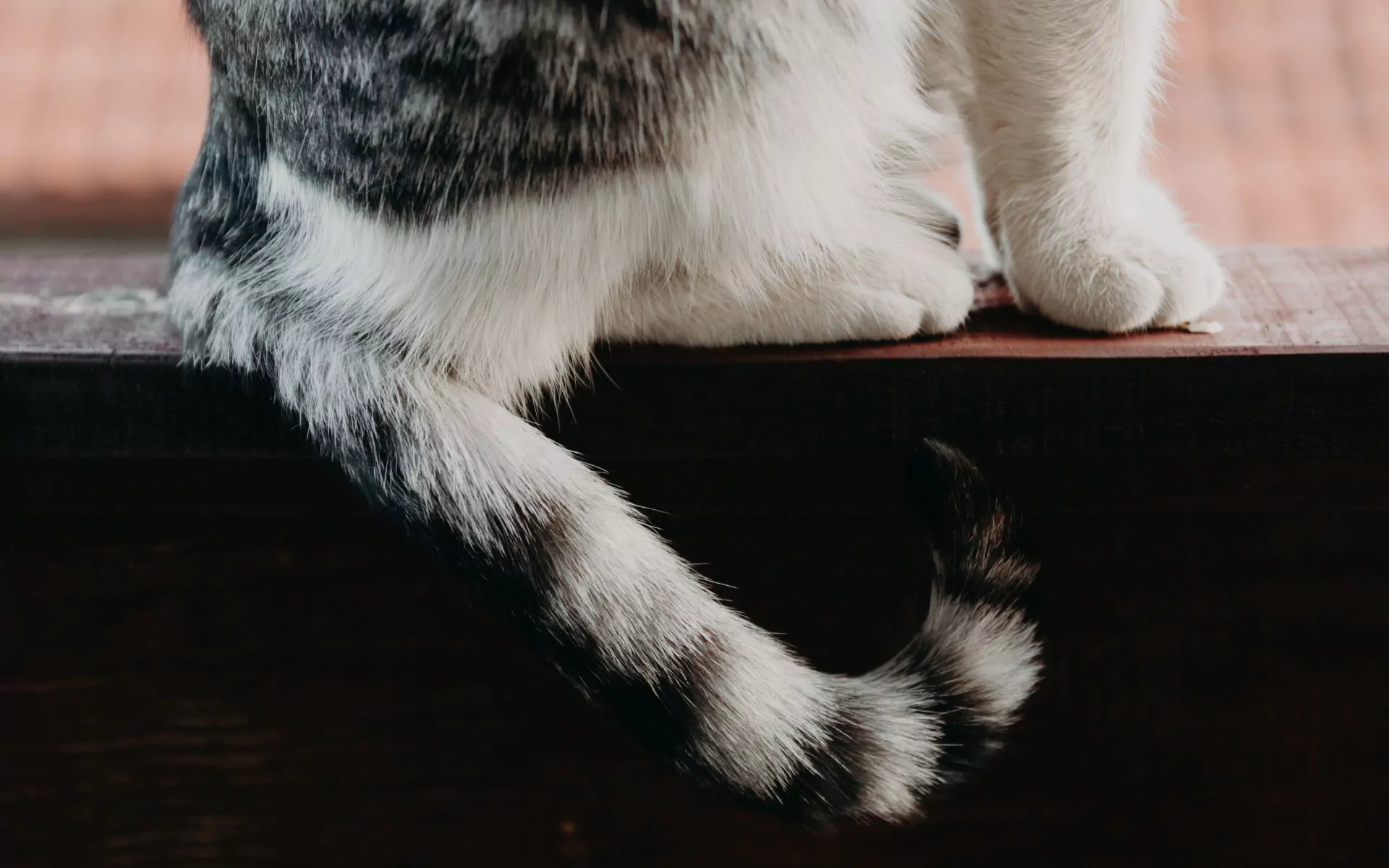
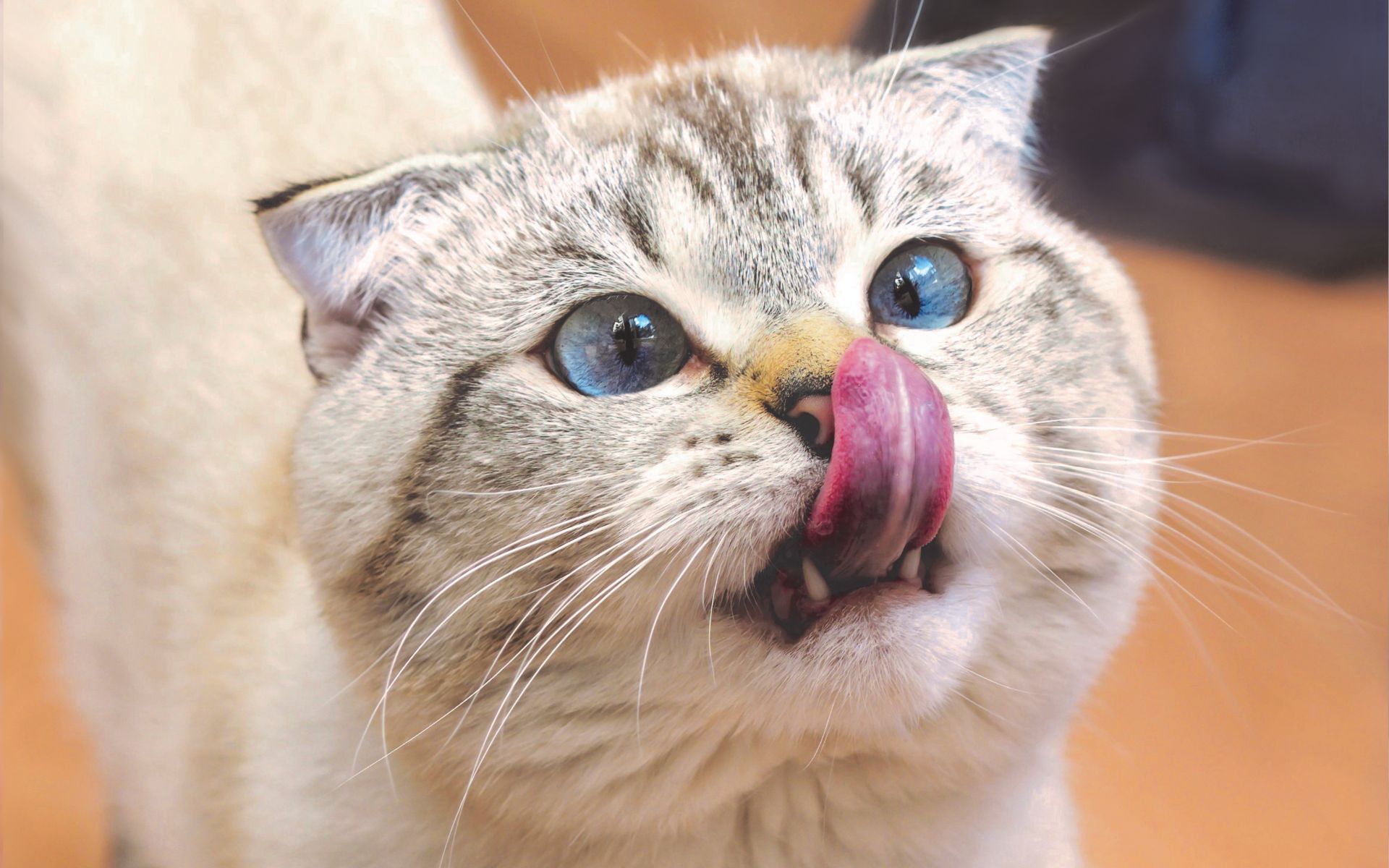
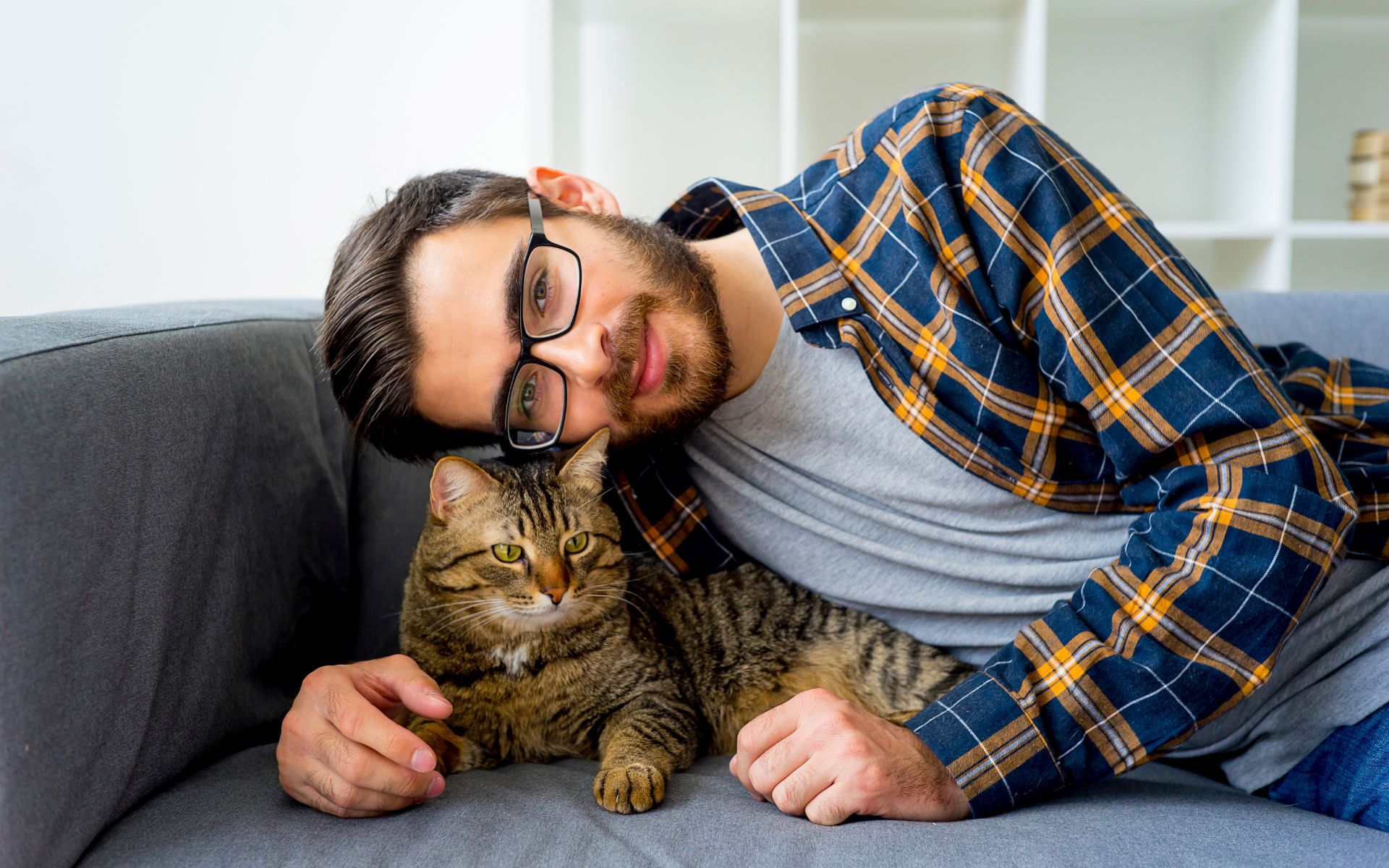
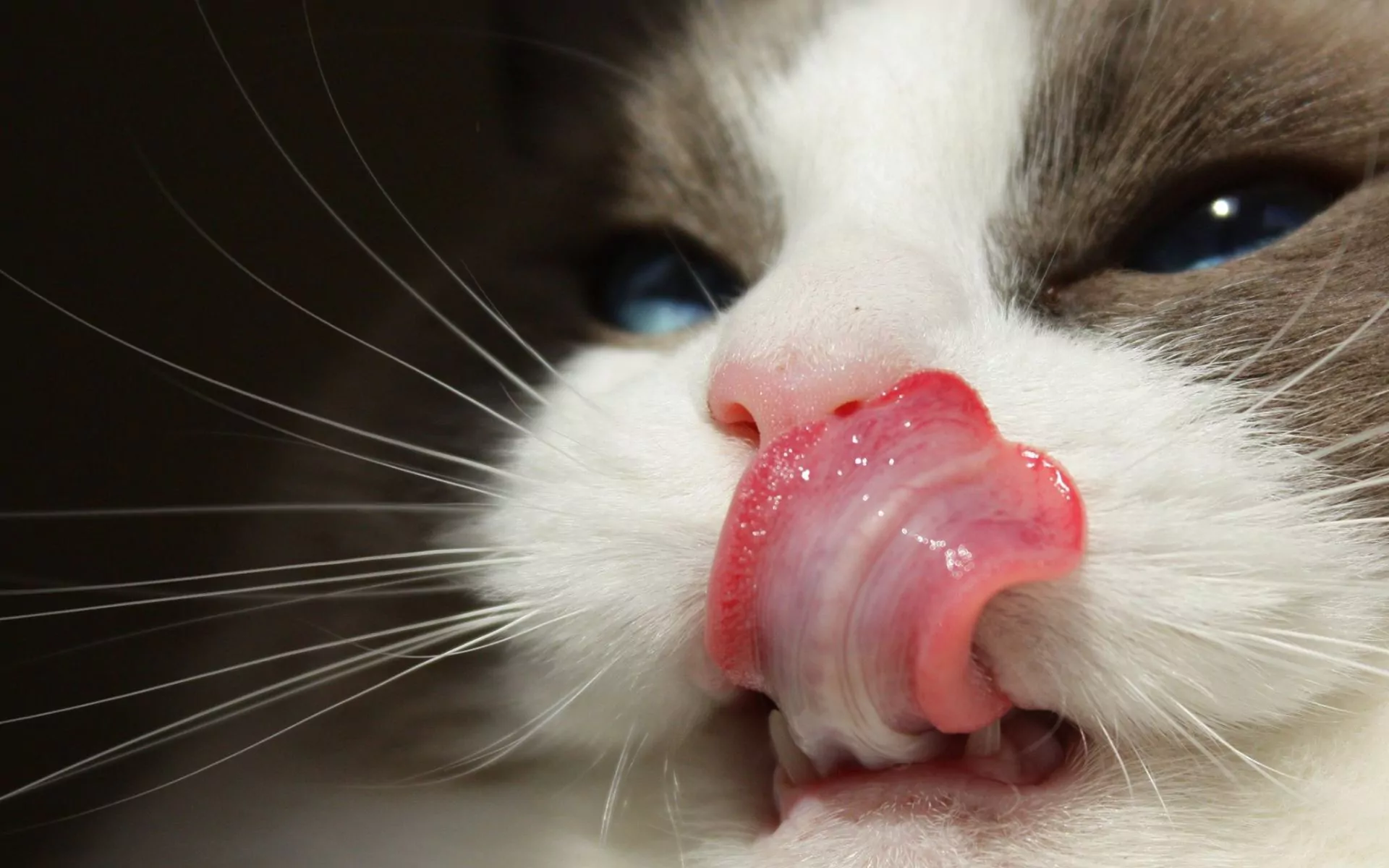

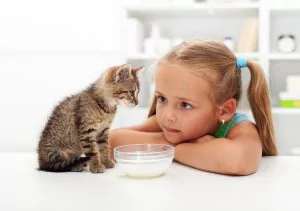
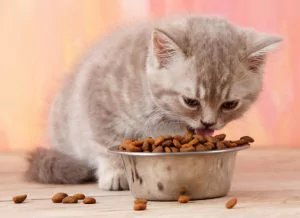
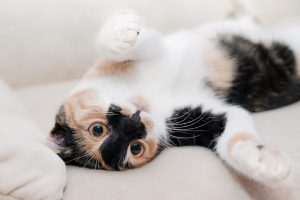
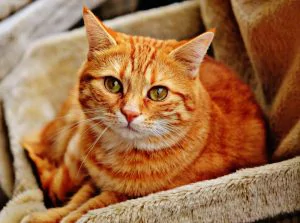
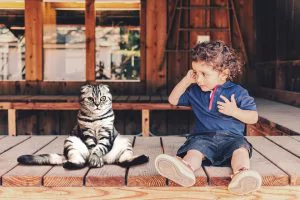
Comments